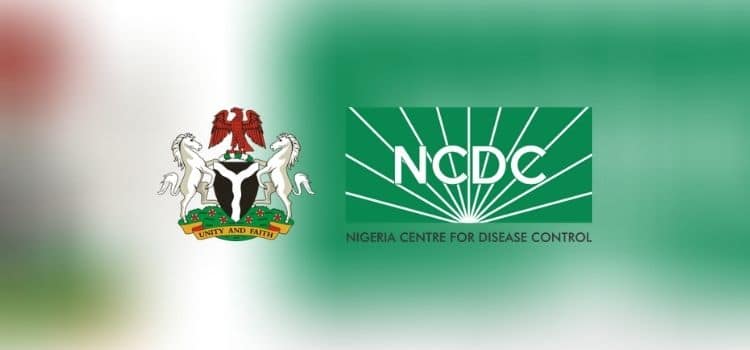By Iyemah David
The Nigeria Centre for Disease Control and Prevention (NCDC), has registered 1,068 Lassa fever infections across 112 local government areas in 28 states of the federation.
The NCDC said this via its official website in its Lassa Fever Situation Report for Week 37 (September 11 -17, 2023).
The centre indicated that 75 per cent of the cases were detected in Ondo, Edo, and Bauchi States.
According to the NCDC, there are currently 7,352 individuals with suspected cases and the infection has resulted in the unfortunate loss of at least 181 lives in the country.
The centre said that the case-fatality ratio of the infection stood at 16.9 per cent.
“Cumulatively from week 1 to week 37, 2023, 181 deaths have been reported with a case fatality rate of 16.9 per cent which is lower than the CFR for the same period in 2022 (19.1 per cent).
“In total for 2023, 28 States have recorded at least one confirmed case across 112 local government areas.
“Seventy-five per cent of all confirmed Lassa fever cases were reported from these three states (Ondo, Edo, and Bauchi) while 25 per cent were reported from 25 states with confirmed Lassa fever cases.
“Of the 75 per cent confirmed cases, Ondo reported 35 per cent, Edo 29 per cent, and Bauchi 11 per cent.
“The predominant age group affected is 21-30 years (Range: 1 to 93 years, Median Age: 32 years).
“The male-to-female ratio for confirmed cases is 1:0.9. The number of suspected cases increased compared to that reported for the same period in 2022,” it said.
It is regretted that in 2023 Lassa fever infected 49 healthcare workers across the country.
The agency said that the National Lassa Fever Multi-partner, Multi-sectoral Emergency Operations Centre had been activated to coordinate the response activities at all levels.
It added that prevention of Lassa fever involves avoiding contact with rodents and their droppings, practising good personal hygiene and taking precautions when caring for infected individuals.
The NCDC said that early diagnosis and prompt medical care are crucial in managing the disease and preventing complications.




